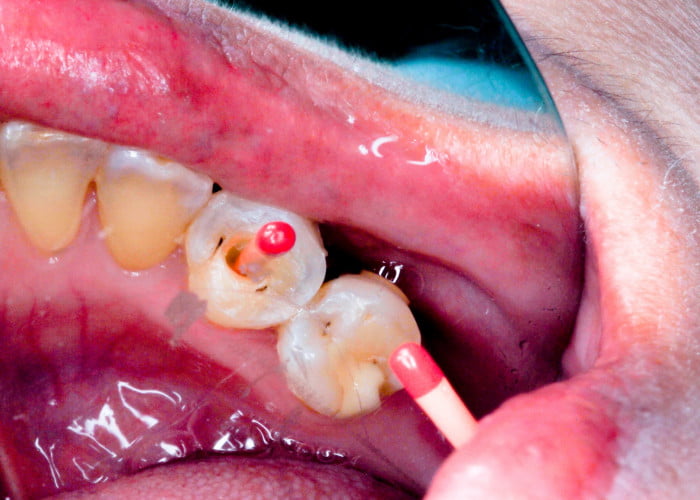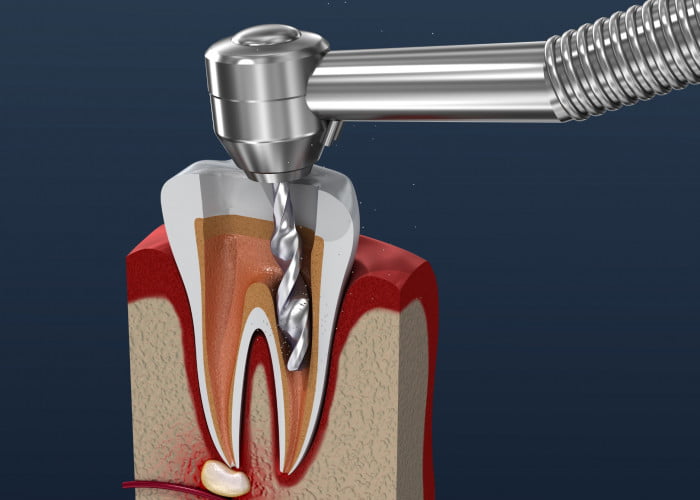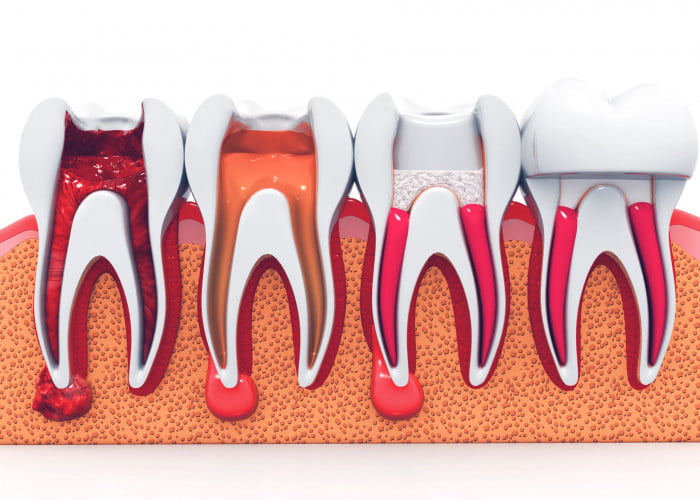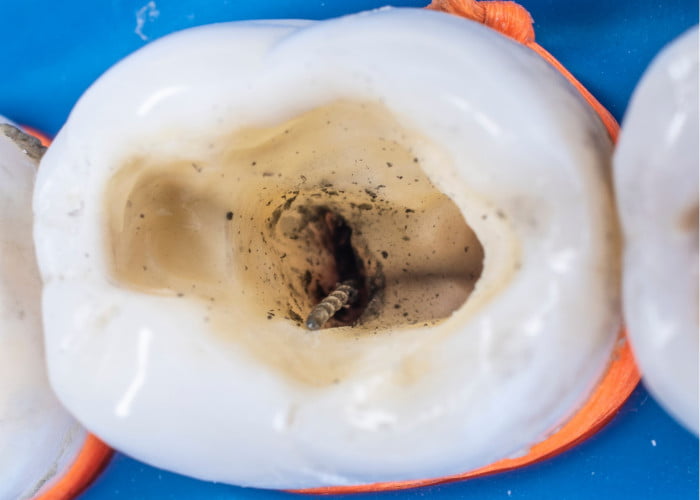How long does a root canal last without a crown? Discover the facts and insights you need to know. Explore how long a root canal can last without a crown, the potential risks and benefits, and the importance of proper dental care. Gain a deeper understanding of this dental procedure and make informed decisions about your oral health. Unlock the secrets to a lasting root canal treatment without a dental crown. Read on to find out more.
Does Every Root Canal Need A Crown?
When it comes to root canal treatments, the necessity of a dental crown depends on several factors. While crowns are commonly recommended after root canal procedures, not every case requires one. The decision is based on the condition of the treated tooth, its location, and the amount of natural tooth structure remaining.
In some instances, a root canal-treated tooth may not require a crown if it’s located in the back of the mouth and not subjected to significant chewing forces. However, it’s essential to consult with your dentist to determine the best course of action for your specific situation.
How Long Does A Root Canal Last Without A Crown?
The longevity of a root canal without a crown can vary. While a properly performed root canal treatment can provide long-term benefits, the absence of a crown may compromise its durability. Without a protective crown, the tooth is susceptible to damage, fractures, and reinfection.
Typically, a root canal without a crown may last for a shorter duration compared to a tooth that has been appropriately restored with a crown. It’s important to understand that the lifespan of a root canal depends on various factors, including oral hygiene practices, occlusal forces, and the tooth’s structural integrity.
Read more: Factors That Cause A Dental Implant Failure?
-

How Long Does A Root Canal Last Without A Crown?
Times You Can Get A Root Canal Without A Crown
Although dental crowns are commonly recommended after root canal treatment, there are instances where a crown may not be immediately necessary. Some situations where a root canal can be performed without a crown include:
- Teeth with minimal damage or decay: If the tooth is structurally sound and doesn’t require additional support, a crown may be postponed or unnecessary.
- Temporary restoration: In certain cases, a temporary filling or restoration may be placed initially, and the need for a crown can be evaluated over time.
- Financial constraints: If immediate crown placement is not financially feasible, your dentist may provide a temporary solution until a crown can be placed.
-

Times You Can Get A Root Canal Without A Crown
Factors That Affect The Lifespan Of Your Root Canal
Several factors can influence the lifespan of a root canal without a crown. These factors include:
- Tooth location: Back teeth (molars and premolars) generally require crowns for long-term success due to their role in chewing and biting forces.
- Oral hygiene: Maintaining proper oral hygiene practices, such as regular brushing, flossing, and dental check-ups, can significantly impact the longevity of a root canal.
- Chewing habits: Excessive biting forces, such as teeth grinding or clenching, can place additional stress on the treated tooth, potentially reducing its lifespan.
- Tooth structure: The amount and quality of remaining natural tooth structure play a role in determining the necessity of a crown and the long-term success of the root canal treatment.
Read more: Factors That Cause A Dental Implant Failure?
-

Factors That Affect The Lifespan Of Your Root Canal
Contact us
If you have any questions or concerns about root canal treatments, dental crowns, or maintaining your oral health, our expert dental team is here to provide the answers and support you need. We understand the importance of personalized care and will work closely with you to develop a treatment plan that suits your unique needs.
Don’t hesitate to contact us today to schedule a consultation. Our friendly staff is ready to assist you and ensure your dental experience is comfortable and stress-free. Take the first step towards a healthy and confident smile by reaching out to our dedicated team.
Conclusion
While a root canal can last without a dental crown, it’s important to consider the potential risks and limitations. Without a crown, the treated tooth is more susceptible to damage, fractures, and reinfection over time. Good oral hygiene practices, regular dental check-ups, and being mindful of chewing habits can help maximize the lifespan of a root canal without a crown.
However, it’s crucial to consult with a dental professional to determine the best course of action for your specific situation. Their expertise will ensure that you make informed decisions to maintain the long-term success of your root canal treatment.



